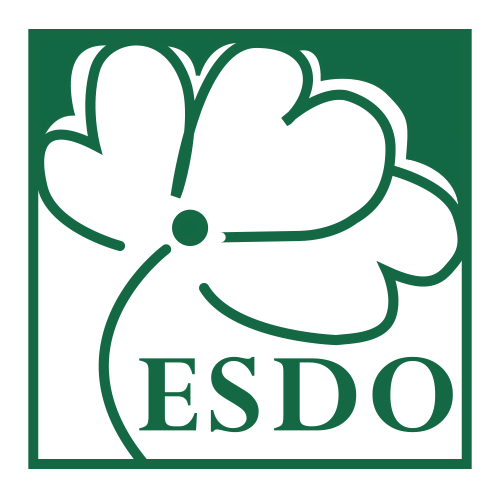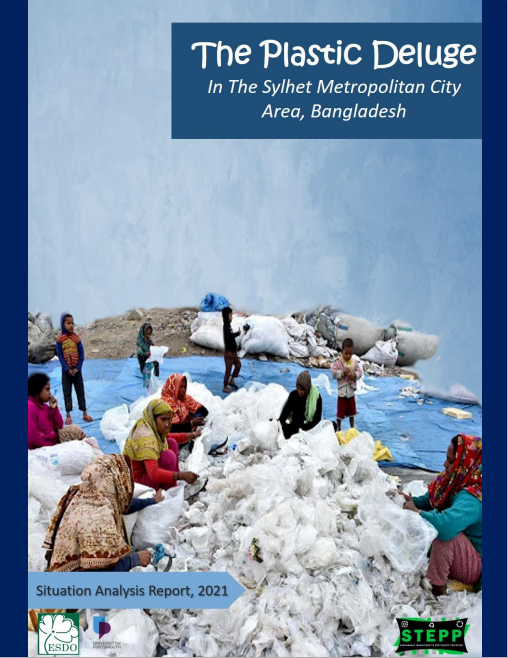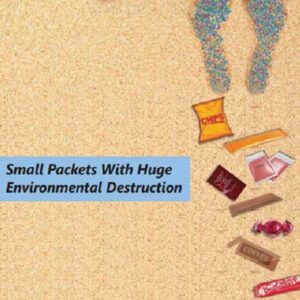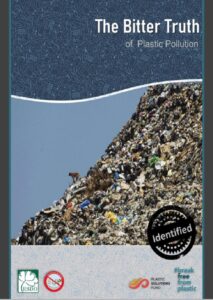Plastic has been considered the best invention of time. But as a result of its overproduction and consumption, it has become an environmental scourge. The ever-increasing plastic production, consumption and waste generation are escalating the threat to marine and terrestrial ecosystem and has transformed its most attractive features into a curse. Plastic is a non-biodegradable polymeric material that is largely used in daily life. Since they are largely nonbiodegradable, they tend to persist in natural environments and causes all kind of major pollutions. Plastic pollution has become one of the most pressing environmental issues, as rapidly increasing production of disposable plastic products overwhelms the world’s ability to deal with them. Sylhet is a metropolitan city located in northeastern Bangladesh, on the north bank of the Surma River at the eastern tip of Bengal. Sylhet has a subtropical climate and lush highland terrain. The city is one of the largest cities by population in Bangladesh after Dhaka, Chittagong and Khulna with a population of nearly a million.[1] Sylhet is one of the most important spiritual and cultural centers in Bangladesh. Furthermore, it is one of the most economically important cities in the country after Dhaka and Chittagong which produces the highest amount of tea and natural gas in the country.
The current state of plastic waste in Sylhet city corporation was examined in order to have a better understanding of the common view of plastic product usage. Consumers and city garbage collectors from key 27 wards were surveyed using a structured questionnaire, and KII was conducted at various workplaces. Consumers and people in the workplace rely on a wide range of plastic items in their daily lives. In Sylhet City Corporation (SCC) 67% of the total generated waste are organic waste, 17% are plastic waste, 5% are paper waste, 3% are e-waste, 2% are medical waste and 1% are other waste. The mismanagement of safety products, which are largely made of polymers, has exacerbated the situation of plastic pollution in Sylhet city. This is also to mention that because Covid-19 is highly contagious, the demand for single-use plastic products such as PPE masks, gloves, and medical waste has increased
dramatically. According to the KII report of Sylhet City, plastic waste has increased dramatically, accounting for approximately 17% of all waste. A sharp increase of plastic waste generation was observed in Sylhet City Corporation during COVID-19 pandemic making the yearly increase at 18 tons/year in Year 2020-2021. Around 54 tons of plastic waste is generated each day in SCC in 2021, where the most used single-use plastic products are sachets, one time used utensils, and personal care products. Among the total plastic waste 78% of them was single-use plastic. As the population of SCC in 2021 is 928,0001 making the annual per capita of plastic waste generation of Sylhet city corporation 18.849 kg. In 2021, the annual per capita of single-use plastic waste generation of Sylhet city corporation
10.837 kg. However, there was absolutely no segregation at source and collection time was found during the survey.



